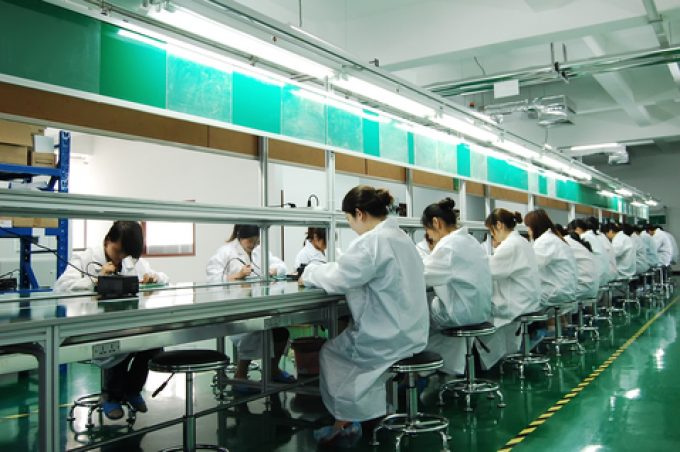Baltimore update: the blame game begins as salvage gets under way
As salvors begin their work in earnest, Singapore-based Grace Ocean and Synergy Marine, owner and ...

The Shanghai lockdown has cost global trade $28bn so far, with the clothing, textiles and automotive industries suffering the most exposure.
However, shipment volumes out of the world’s biggest port have stabilised, and more manufacturing is set to get the go-ahead to resume production.
According to data ...

Comment on this article